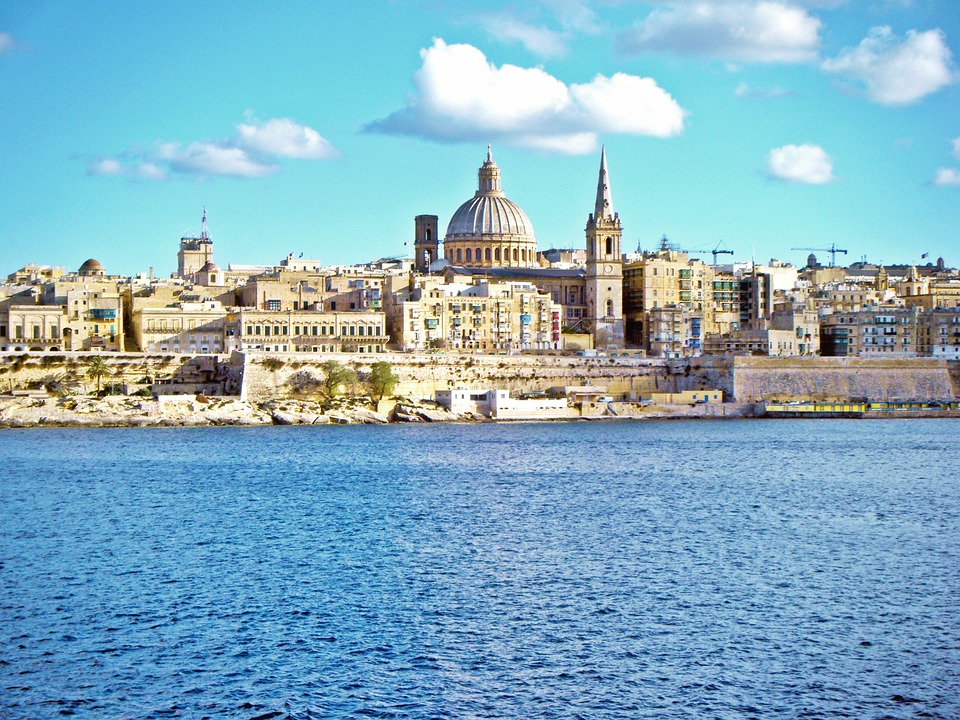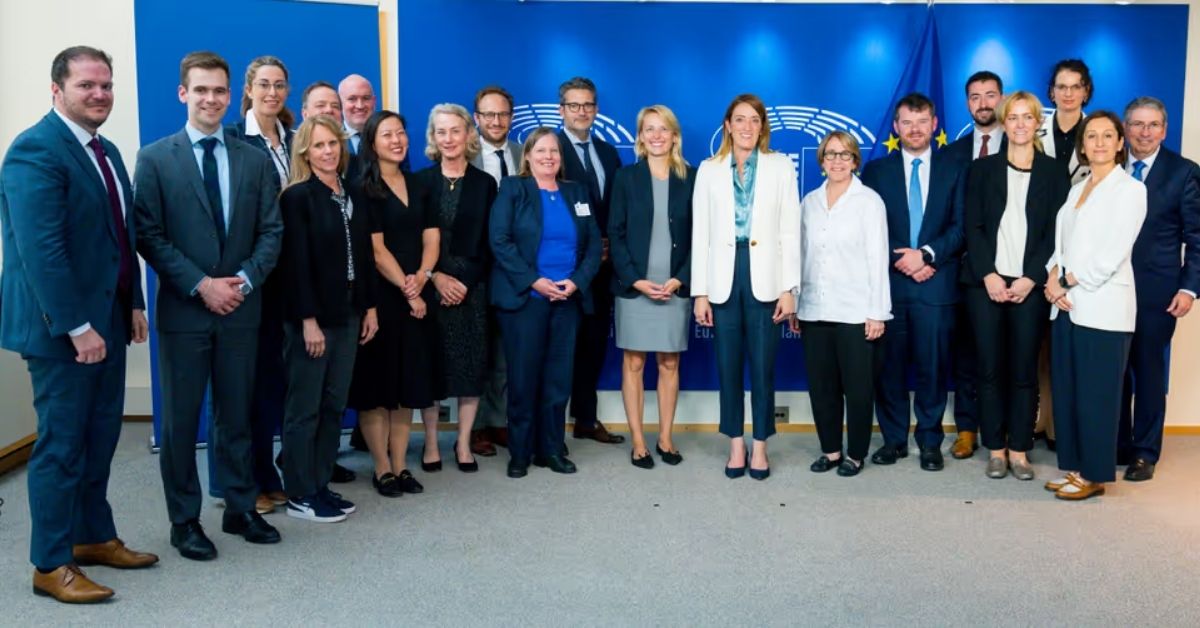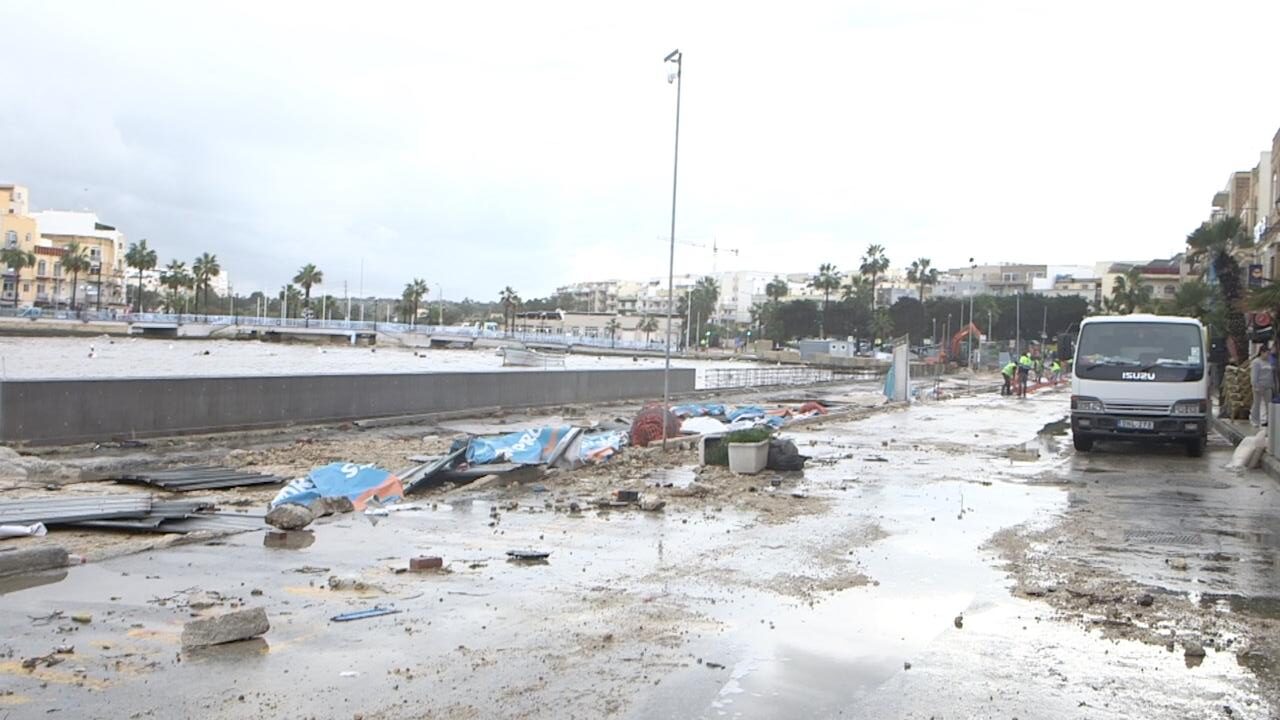In July, the Central Bank of Malta’s (CBM) Business Conditions Index decreased marginally compared with June but increased on an annual basis as the economy continued to recover from the very low levels observed in 2020.
European Commission surveys show that sentiment decreased slightly in July when compared to June, while remaining above its year ago level and its long-term average.
Sentiment was positive in industry and services as well as among consumers. However, it was negative in the construction and retail trade sectors, the CBM observed.
Its estimate of the COVID-19 Government Response Index – a composite indicator that summarises various containment, economic and health-related measures introduced in response to the pandemic – fell at the end of July from a month earlier but stood above that reported in the euro area.
Residential property transactions continued to be significant in July, the CBM noted, with the number of final deeds rising on an annual basis, while that of promise-of-sale agreements eased somewhat.
In June, industrial production rose at a faster annual rate compared with a month earlier. However, the volume of retail trade rose at a slower pace. The number of commercial permits rose slightly in annual terms while residential permits fell.
Turning to employment, the number of registered unemployed persons fell both when compared with May and also when compared with a year earlier. The unemployment rate remained unchanged at 3.6 per cent compared with May, virtually at its pre-pandemic level, and well below its historical average.
The annual inflation rate based on the Harmonised Index of Consumer Prices (HICP) remained unchanged from May, at 0.2 per cent, while that based on the Retail Price Index rose to 1.5 per cent. The difference between the two measures of inflation reflects technical factors related to the revision of HICP weights in 2021.
The Economic Update also includes data on recourse to the moratorium on loan repayments offered by domestic credit institutions to residents of Malta in response to COVID-19. The value of household and corporate loans subject to a moratorium at the end of June edged down further to €126.1 million, equivalent to only one per cent of related outstanding loans.
This reflects a recovery in income flows and the expiration of the moratoria period. By the end of June 2021, 606 new facilities for working capital and loan repayment purposes had been granted to businesses impacted by the pandemic under the Malta Development Bank COVID-19 Guarantee Scheme, corresponding to total sanctioned amounts of €451.5 million, or 58 per cent of the scheme’s target size.
French NGO accuses Metsola and MEP of working with USA to dismantle Green Deal
Bloom calls out EU officials for 'adopting the Trump administration's strategy' to torpedo corporate environmental due diligence
Storm-hit businesses can now apply under amended Malta Enterprise scheme
A new measure offers targeted aid to storm-hit businesses while giving non-compliant operators one year to regularise their permits
Access to finance and rising fraud risks discussed at Malta Women & Finance Summit 2026
Expert advice for spotting scams and opinions on investing






